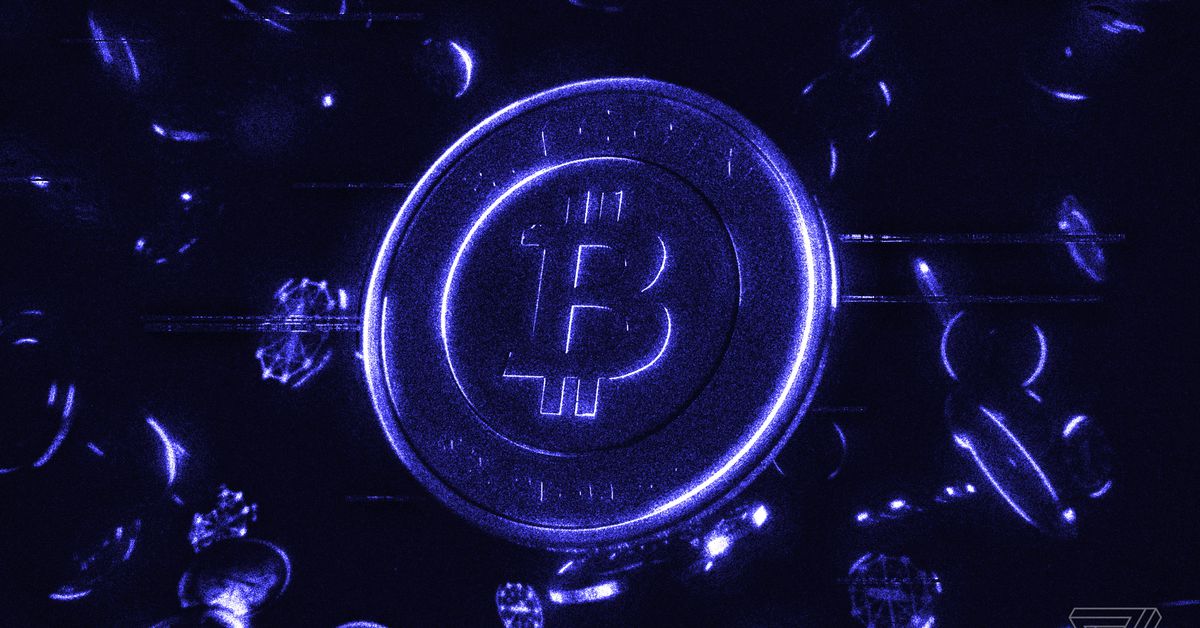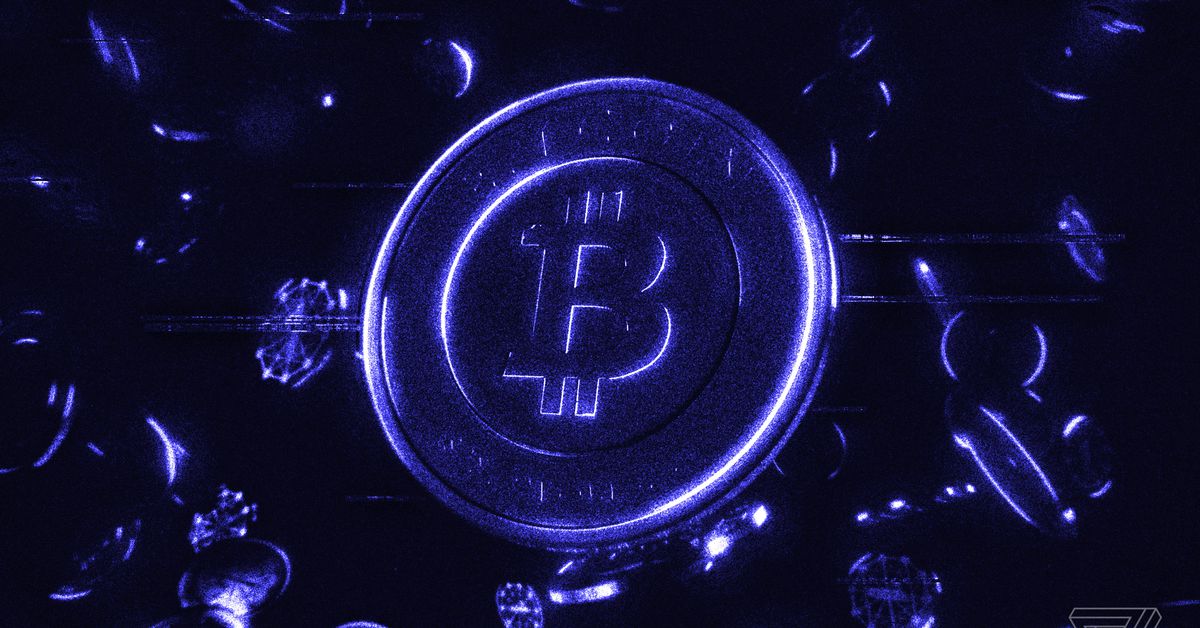
In a public report issued earlier this week, the Government Accountability Office (GAO) recommends that the IRS and Financial Crimes Enforcement Network (FinCEN) be given more information about the location of the kiosks where people can turn cash into crypto or vice versa. In its report, GAO cites crypto’s potential use in sex trafficking and drug dealing as the reason why the government should have more insight into one of the ways people obtain crypto outside of the more tightly regulated exchanges.
While kiosk operators already have to comply with several regulations (they have to register with FinCEN, keep transaction records, and collect extra information for transfers over $3,000), GAO argues that it’s still hard for government agencies to get a complete picture. Not only does the government have to deal with people running unregistered kiosk operations, but registered operators aren’t required to provide a list of locations where their kiosks are located. While they do have to give FinCEN access to detailed info about a specific kiosk if the regulator requests it, GAO says that the lack of location info makes it difficult to target investigations into areas with higher risk of drug or human trafficking activity.
The government doesn’t know where all the kiosks are
This report doesn’t carry any legal force but is likely to be influential in Congress. GAO provides nonpartisan recommendations and information to Congress and other policymakers, often setting the tone for complex new topics like cryptocurrency. Lawmakers had more extensive access to the report as well — the public version makes reference to information that was included in the original report, released in December, that was too sensitive to include for a general release.
You can read the full public version of GAO’s report here (pdf), which I recommend — it’s a detailed look into the state of play when it comes to enforcement. It goes deeper into the marketplaces where people sell drugs for crypto and the websites where sex workers can receive crypto for services.
Crypto kiosks have been implicated in other forms of crime as well: recently, the FBI released a PSA to warn the public about scammers using the ATMs to pull off a high-tech wire transfer fraud, conning people into converting cash into crypto and sending it off under false pretenses. Crypto in general has also been a big part of the ransomware business plan, which FinCEN has been paying close attention to — last year the regulator released a report saying that ransomware payments for 2021 were on track to reach a billion dollars.
Addresses tied to illegal activity were only responsible for a tiny fraction of blockchain transactions in 2021
However, research suggests criminal activity actually makes up a small portion of blockchain transactions. Chainalysis, a blockchain analysis firm, recently put out a report estimating that addresses tied to illegal activity only carried out 0.15 percent of 2021 blockchain transactions. As Reuters points out, that number is likely to go up as it continues to identify criminals’ addresses, but it’s a significant decrease from the percentage estimate of illegal activity for 2020.
The report is coming at time when the government appears to be ramping up enforcement on unlicensed Bitcoin purchases. Last year, federal agents raided several people who operated Bitcoin vending machines in New Hampshire, accusing them of running an unlicensed money transmission business. The IRS has also been asking lawmakers to give it more authority to monitor large cryptocurrency transactions, and a new tax reporting requirements to miners was bundled into the recent infrastructure bill.
The crypto community has pushed back against many of these moves — just this week former Twitter CEO and Bitcoin fan Jack Dorsey proposed a legal fund to help defend Bitcoin developers against “litigation and continued threats.”
